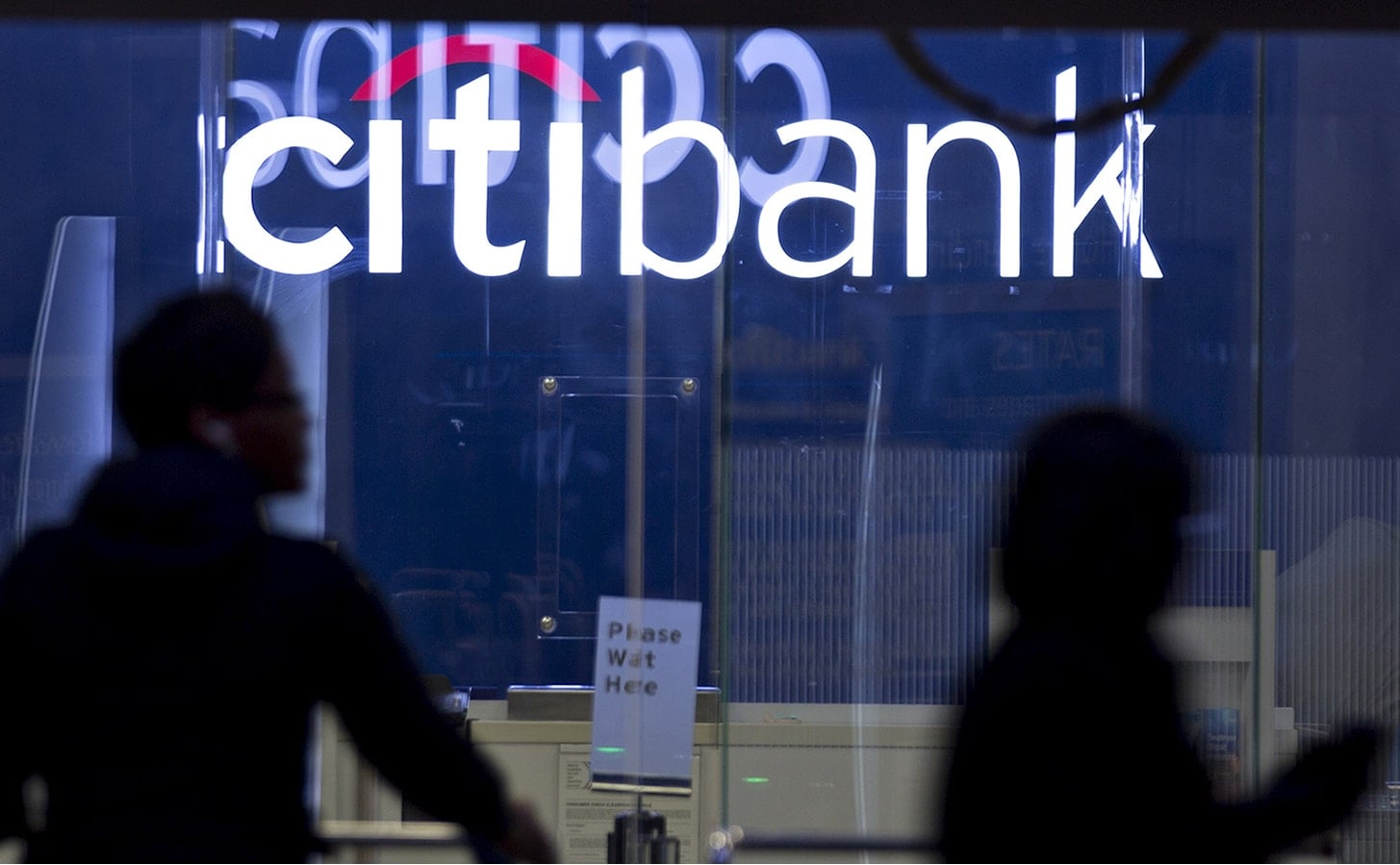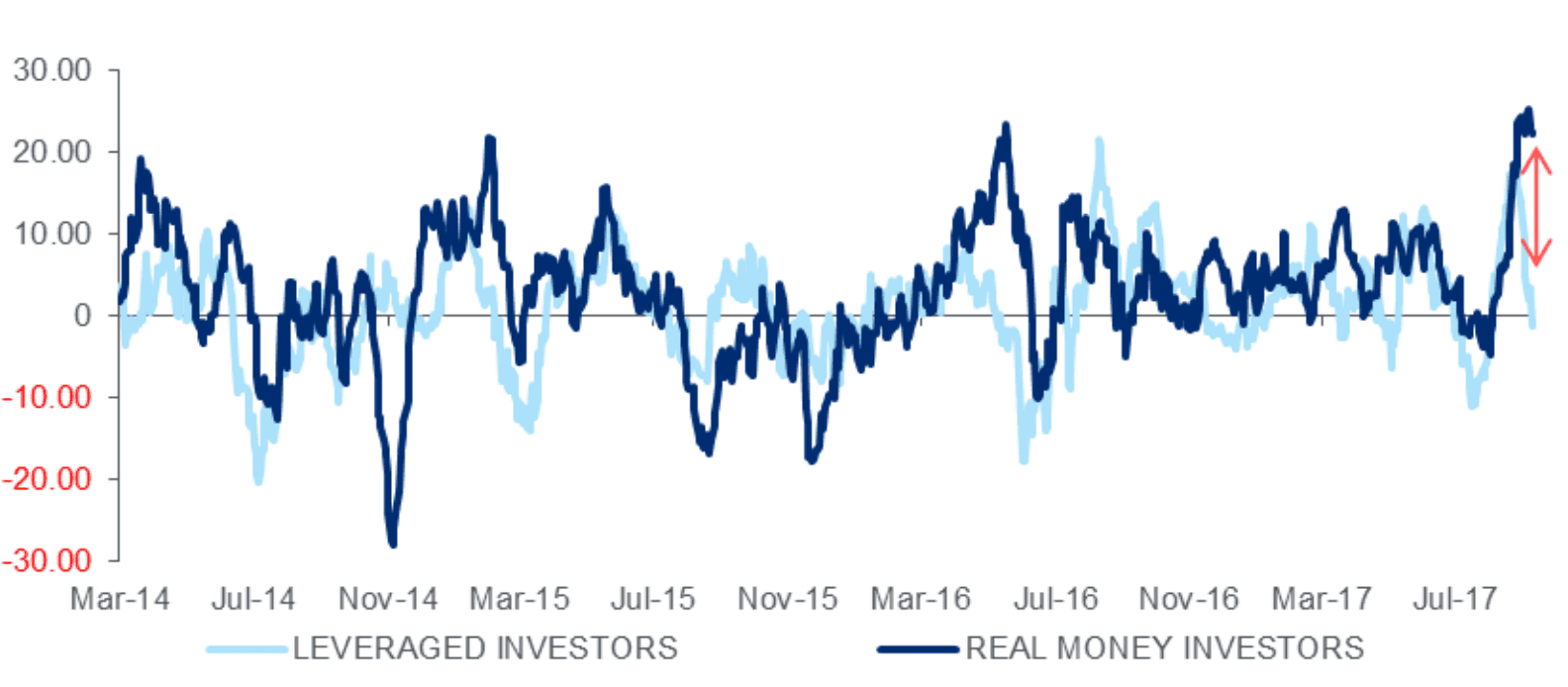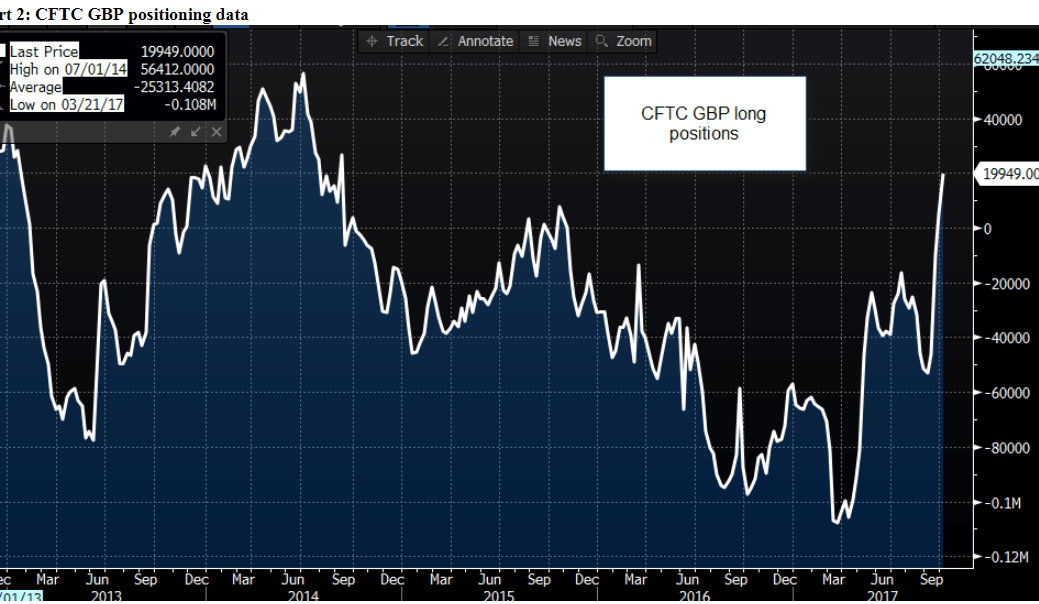Citi: "Real Money" Buying the Pound, say Demand now at Multi-Month Highs

Despite persistent concerns over the health of Brexit negotiations between the UK and EU, demand for Pound Sterling has been picking up in a key segment of the foreign exchange market.
Weekly data from the world’s largest foreign exchange dealer - Citi - shows that while speculators have recently cooled towards Sterling, those who need the Pound for commercial reasons are driving demand.
“Real Money investors continued to buy GBP last week, possibly on potential BoE hawkishness and better UK economic data surprises, bringing their four-week flow to levels only seen once since 2013!” notes Sukrita Chatterji at CitiFX in London.
‘Real money’ refers to that segment of the market buying Pounds for delivery, such as cross-border trade and reflects an increase in fundamental demand for the currency.
Citi’s data meanwhile shows leveraged investors - i.e. speculators - on the other hand, “remained wary of Sterling and flipped to net sellers late last week as GBP weakness resumed on speculation over Prime Minister May’s future after the Conservative Party Conference.”
Above: (C) Citi.
This segment of the market is understandably more sentiment-driven and can be considered to be ‘hot money’.
What does this tell us about the Pound's prospects going forward?
“This divergence brings the spread between Leveraged and Real Money four-week GBP flow to its largest since mid-2016, noting there is plenty of room for GBP upside if leveraged investors switch to buying as speculation over BoE hawkishness intensifies,” says Chatterji.
Citi warn political risks do however remain a key risk to GBP buying ahead of a number of key political events, such as Prime Minister’s Questions in Parliament mid-week and the press conference due following the cessation of the fifth round of Brexit negotiations.
The increasing positive exposure to Sterling is echoed at other major investment banks such as Credit Agricole who report similar improvements in demand for the UK currency.
Combined with similar evidence from the Commodity Futures Trading Commission which confirms exposure to the Pound is now a net positive for the first time June 2014, there are reasons to believe perhaps the worst has passed for Sterling.
“While positioning data can be a contrarian indicator, considering how far GBP has dropped since the June 2016 EU referendum this data suggests that there could be a floor in GBP, which could limit another sub 1.30 decline like we saw last year,” says analyst Kathleen Brooks at City Index.
Get up to 5% more foreign exchange by using a specialist provider by getting closer to the real market rate and avoid the gaping spreads charged by your bank for international payments. Learn more here.






